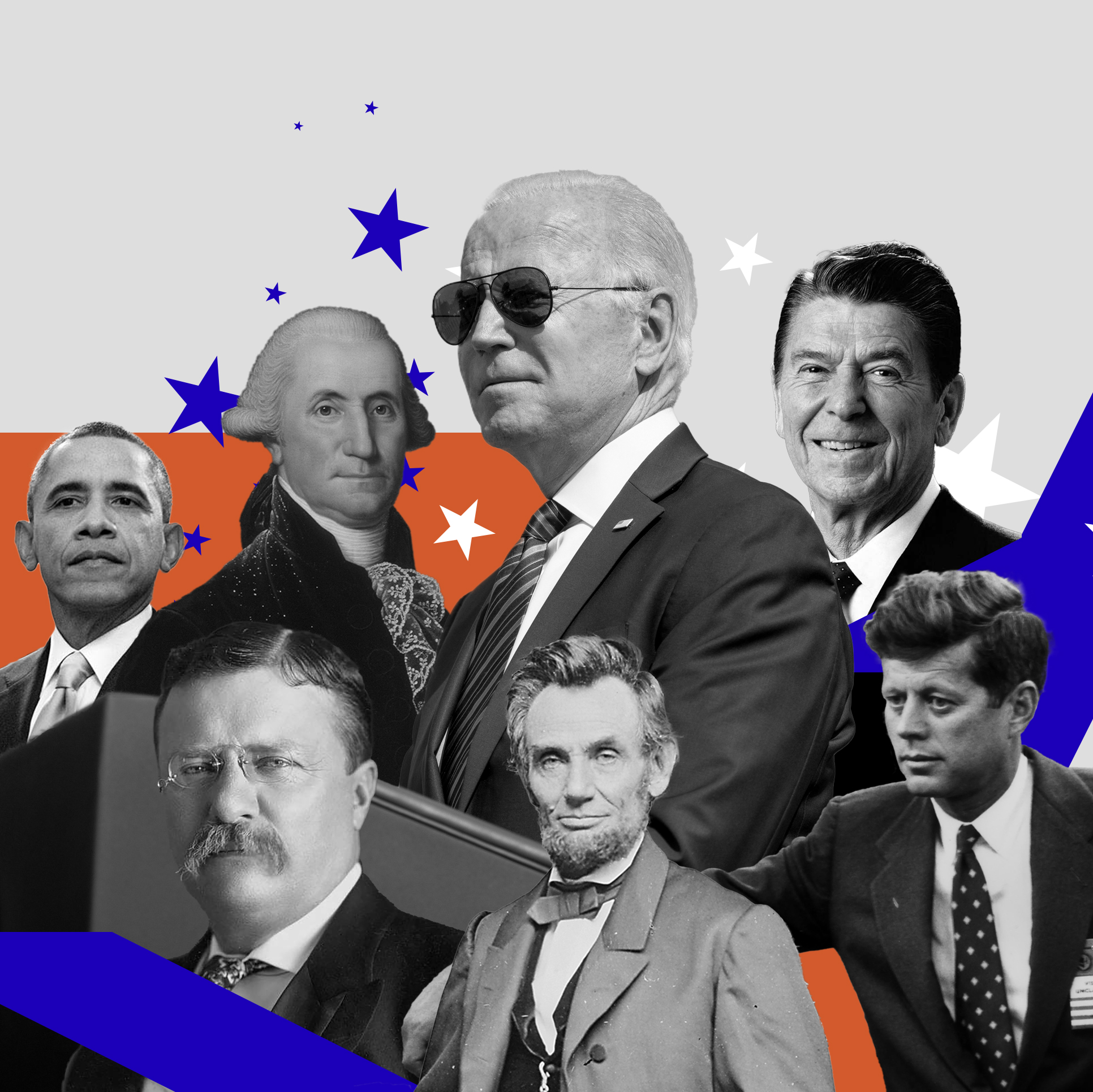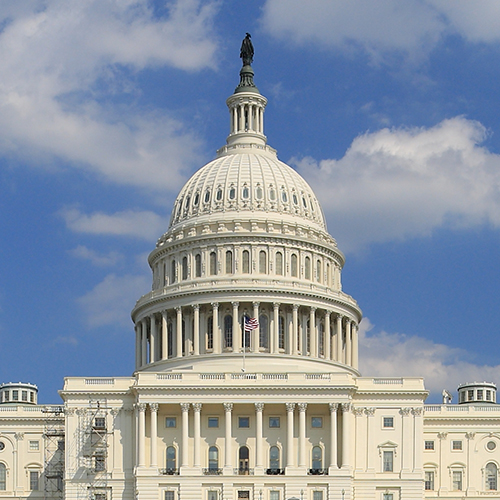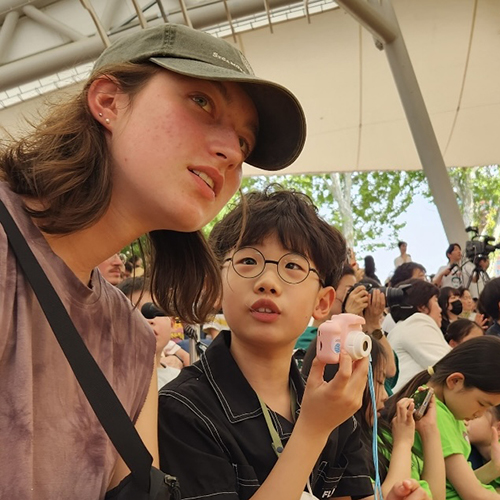A compelling argument. Rapid-fire speech. Mastery of both affirmative and negative positions on an issue. These are the hallmarks of a great college debater. For most students, these skills take years to hone. Then there’s Victoria Braun.
Braun, a UW communication major, joined the University of Washington Debate Union (UWDU) her senior year, inspired by a course on political debate taught by Michael Souders, UWDU director and lecturer in the Department of Communication. With no previous experience, Braun began training for competitions in the novice division. At the first event, she lost most of her debates. But by her fourth and final competition, the national Cross-Examination Debate Association (CEDA) tournament, Braun was polished and confident. She and a partner from James Madison University (JMU) earned the title of 2017 Novice National Champions.
The win was no fluke, says Souders. “After losing 75 percent of her debates in that first tournament, Victoria stuck with it,” he says. “She did more practice debates than any novice competitor I have ever had. Joining the UWDU as a senior with no prior experience took a lot of guts, but she’s made the absolute most of her time at UW and in debate.”

Souders revived the long-dormant debate team in 2013 with private support from Kurt Carlson and Propel Insurance. A gift from Maggie Walker has enabled UWDU to continue its work, which includes sponsorship of on-campus discussions, outreach to the community, and of course the participation of UW students in regional and national debate tournaments. Along with Braun’s stellar CEDA win, the UWDU varsity team finished 17th in the national CEDA tournament, only losing to the eventual national champions.
Before and during the competitive season, debaters devote considerable time to the team. They thoroughly research the year’s overarching topic — this year it was climate change — to prepare for any argument introduced by the opposing team. When Braun realized the commitment required, she thought twice about participating. “I called my mom and said, ‘This is going to be the hardest thing in my life. Do I really want to do this my senior year?’” Braun recalls. “I was so torn.”
Deciding to do this crazy thing, to do debate, and discovering that I was really good at it, I have so much more confidence now.
Once she committed, Braun discovered that she not only loved debate but also benefited academically from the experience. “It pushed me way out of my comfort zone and taught me so much,” she says. “When writing papers, I notice I now start out as if I was going into a debate. It helps me structure my thoughts. And in classes, I raise my hand and participate more.”
As much as Braun appreciates debate prep, she relishes competing even more. Tournaments often involve a long day of travel followed by a 12-hour day of debate, with up to eight rounds against other impressive teams. “I get nervous before competing, but in round you don’t have time to be nervous,” Braun says. “There’s a moment when the other team starts talking and you don’t know what they’re going to say. It’s the end of the day and you’ve spent ten hours thinking critically, thinking on your feet. You need to slow down for a second and think through things, to piece together what you need to say to counter your opponents. Of course, there are also moments when you have to wing it. It’s crazy, but it’s fun.”
At the CEDA tournament, Braun and her JMU partner Abhis Sedhai debated varsity, junior varsity, and novice teams to make it into the novice finals, where they earned the title of 2017 Novice National Champions. Braun credits Sedhai — the two were paired when Braun’s UW partner was unable to attend the CEDA tournament — and her UW and JMU teammates with making the championship win possible. JV and varsity members who didn’t move on in the tournament gladly helped Braun prepare for her next round. “The camaraderie on the team is really great,” she says. “”Everyone is so willing to help out a teammate. I met so many brilliant people I would normally never meet.”
Braun also credits Souders and assistant coach James Stevenson for their leadership and guidance, and donors to the program for covering travel costs and competition fees. Like others involved with debate, she would like to see more funding for the UWDU.
“If we had to cover our own travel expenses, I don’t think any of us would be able to go to tournaments,” says Braun, who attended the UW through a Husky Promise scholarship. “More support would mean we could attend more tournaments. Some East Coast schools, where debate is much stronger, offer debate scholarships and travel to tournaments every weekend.”
As Braun prepares to graduate, she is unsure what comes next. But thanks to her UW education — and especially her debate experience — she feels prepared for life after graduation.
“Deciding to do this crazy thing, to do debate, and discovering that I was really good at it, I have so much more confidence now,” says Braun. “It’s made me so much stronger. The UW brought that out in me.”
Interested in supporting the UW Debate Union? Contact Nick Peyton at npeyton@uw.edu.
More Stories

Is This Presidential Campaign Different?
UW History professor Margaret O'Mara provides historical context for this moment in US presidential politics.

Making Sense of This Political Moment
To navigate this momentous election season, Arts & Sciences faculty suggest 10 books about the US political landscape.

Finding Family in Korea Through Language & Plants
Through her love of languages and plants — and some serendipity — UW junior Katie Ruesink connected with a Korean family while studying in Seoul.